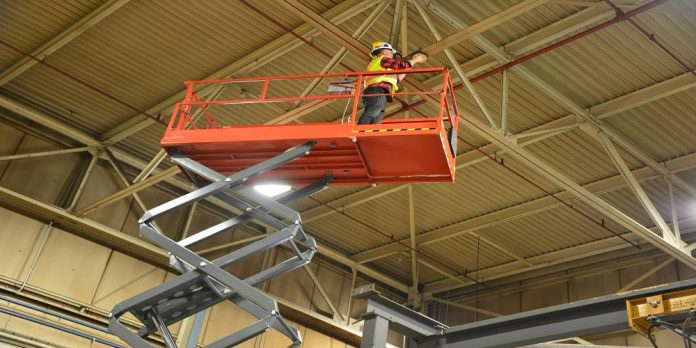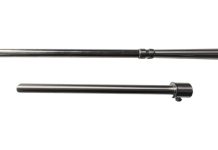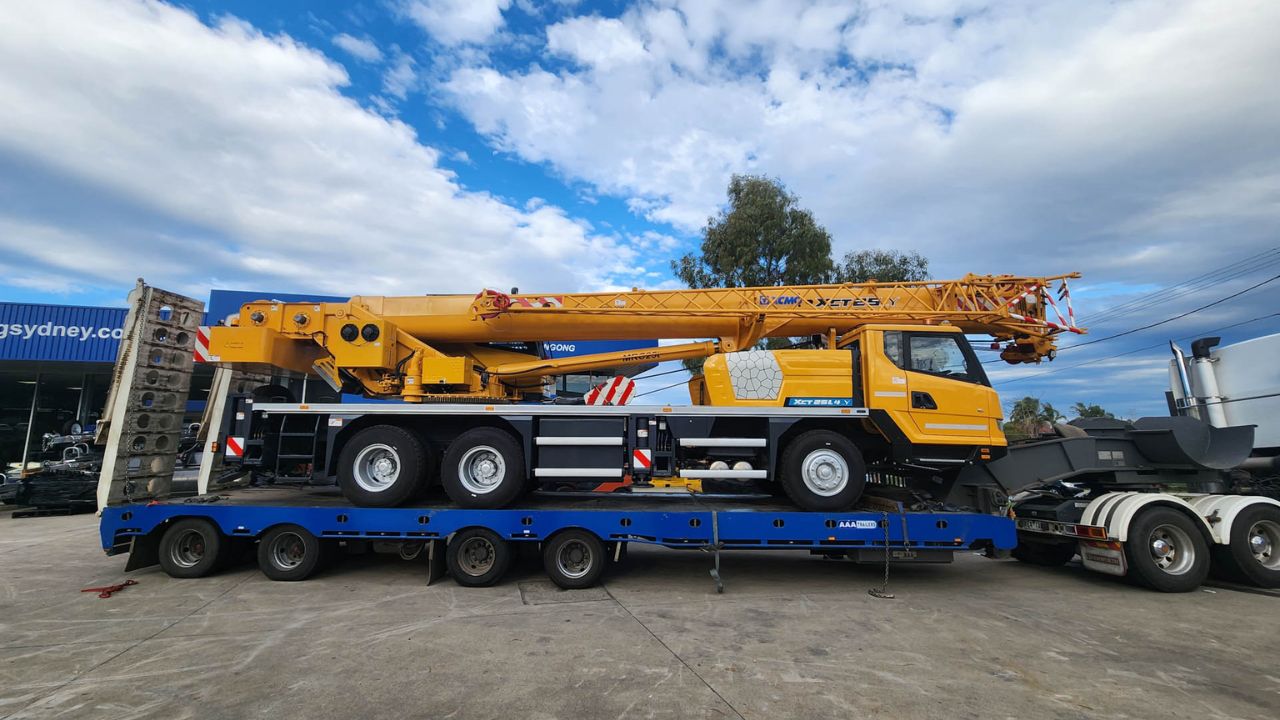Whether you’re a tradesperson or just someone who enjoys working with their hands, you’ve used a scissor lift to move something around the house or office. But accidents could happen if you’re like most people and don’t know how to operate them properly.
These tips will make sure that nobody gets hurt on your next project!
Tip#1 Inspection is Important
Before beginning your scissor lift’s operation, inspect the machine to ensure all bolts, nuts, and screws are tight. Check all hydraulic lines for leaks and electrical connections for signs of corrosion.
Also, check the condition of all hydraulic hoses by running water through them while connected to a pressure source (such as an air compressor). If any hose is damaged or worn out, it can lead to problems with lubrication which can cause premature wear on moving parts like wheels or lift hooks.
Tip#2 Don’t Activate Loading Scissor Lift To Hold Things
This is the most common mistake made by operators of all kinds, from beginners to experienced workers. If you’re holding something in your lift like car lift for garage and it falls off, it could cause serious injury or death for yourself or others nearby. This includes people working on or near the load being held by your scissor lift and anyone else nearby who might get caught up in what happens next (i.e., anyone walking past). To prevent this from happening:
- Don’t use your scissor lift for any purpose other than moving personnel into positions above-ground or out of harm’s way below ground level.
- Keep an eye on your surroundings while operating any transport vehicle.
Tip#3 Properly Learn How to Operate Scissor Lifts
You should be trained in the operation of your scissor lift. This is important because it will aid you in avoiding accidents and let you know how to operate the equipment properly.
You should also have a certification card from an approved training center showing that you have been trained on safety procedures and the proper use of a scissor lift. This documentation can help prevent an accident if there is one while using this type of equipment, as well as any legal issues that may arise later due to unlicensed use (such as fines).
Tip#4 Always Face the Lift When Climbing Onto the Scissor Lift Platform
When climbing onto the scissor lift platform, always face the lift. If you are wearing loose clothing or high heels and are carrying anything in your hands, do not climb onto a scissor lift out of sight from where you should be standing.
Tip#5 Scissor Lift Pre-Operation Area Clearance
When operating a scissor lift, workers should be clear of the area. If any person is in the vicinity of a moving scissor lift, it must be stopped immediately. If you cannot stop the machine, slow it until all workers are out of harm’s way, and remove yourself from danger.
Conclusion
If you’re considering purchasing a scissor lift, it’s important to know that they are different from other types of lifts, such as wheeled pallet trucks. Scissor lifts are designed for heavy lifting and transporting large amounts of material or equipment. They provide many advantages but pose certain risks due to their size and weight. If you want to operate your scissor lift safely, research how it works before attempting any self-service tasks.













